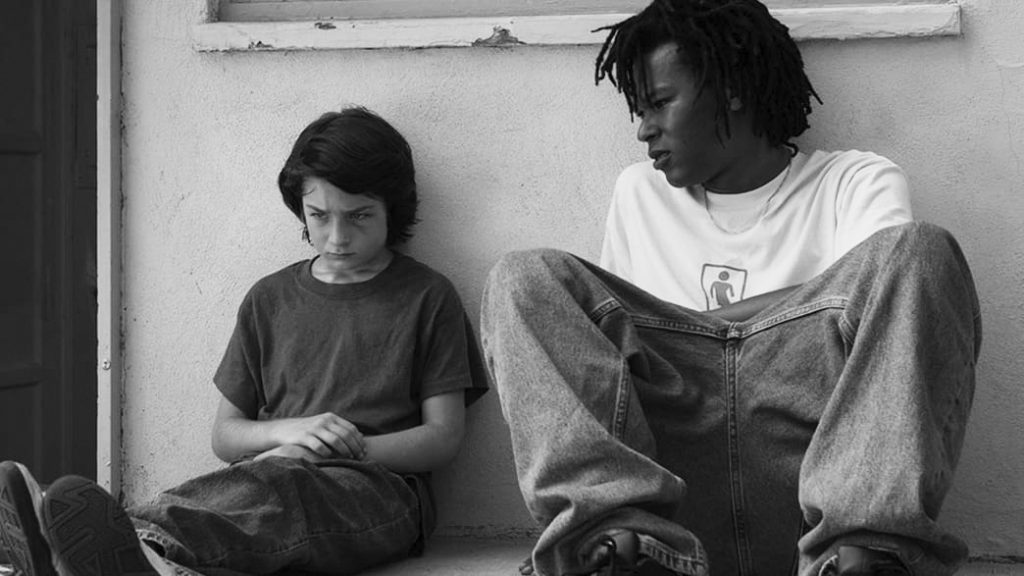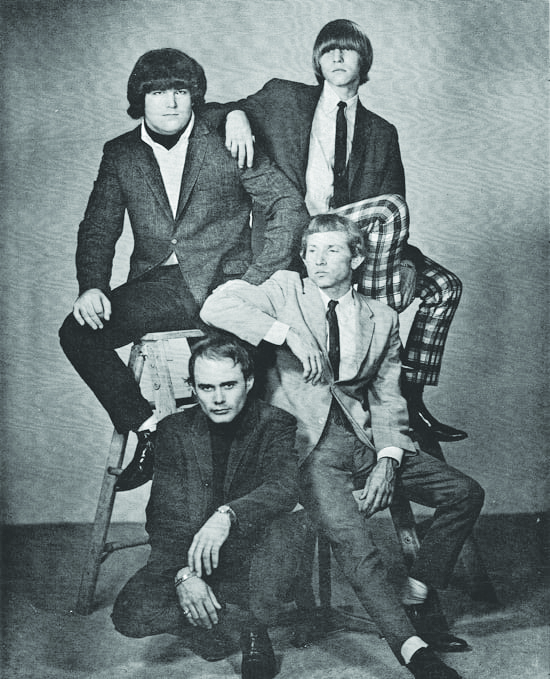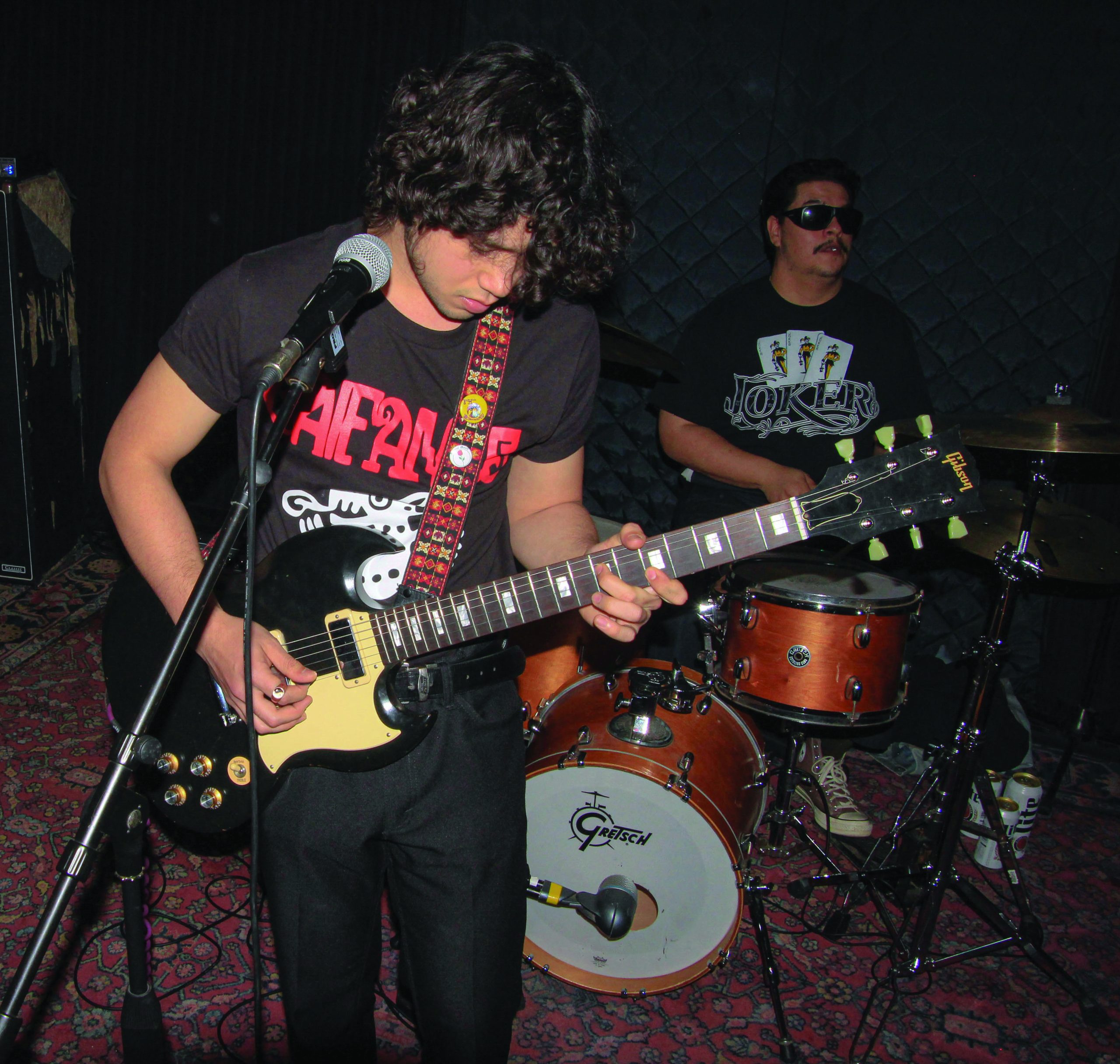
The Oscars are on Feb. 24, and some of this year’s nominees are overrated or average at best. But that doesn’t mean 2018 was without its hits, as the following alternative film choices shouldn’t be missed.
‘CHAPPAQUIDDICK’ > ‘VICE’
Both films deal with the commonality of political drama. “Vice” is more of a satirical political drama that commentates on the entrance into the Iraq War and the folly of the Bush administration. Highlighted here is the performance of Christian Bale as Dick Cheney. The film isn’t as hard hitting as the critics think. “Chappaquiddick,” however, is that hard hitting film. It details the Chappaquiddick incident of 1969 in which Ted Kennedy drove his car into the Poucha Pond, killing Mary Jo Kopechne. Jason Clarke gives a stellar performance playing Kennedy.
‘UPGRADE’ > ‘VENOM’
“Venom” is a popular 2018 film that made a smash at the box office. The best thing about “Venom” was Tom Hardy’s performance as Eddie Brock. “Venom” is about Brock’s his struggle with an alien symbiote and how he navigates through life with it. “Upgrade” is the more profound choice of these two films. The film, directed by Leigh Whannel, follows Grey Trace (Logan Marshall-Green), who is implanted with a chip that allows him to control his body after being paralyzed. Both films deal with the symbiotic relationship and the effect that relationship has on the respective characters and also delves into control. “Upgrade” has the more centered storytelling and better cinematography.
‘THE HOUSE THAT JACK BUILT’ >
‘HALLOWEEN’
Another popular film of the year was “Halloween.” With it “The House That Jack Built” got immensely overlooked. The Halloween remake commentates on modern feminism and details Michael Myers’ connection to Laurie Strode (Jaime Lee Curtis). It does not live up to the original film because the film is too political for its own sake. The focus of this movie was the political message of “girl power” and the story suffers because of it. Everything was disjointed. The thematic element both films share is commentary of the journey of the serial killer. This is where “The House That Jack Built” comes in. The film follows Jack (Matt Dillion) and talks about four incidents and how they shaped his serial killer addiction (Jack mentions killing 64 women). Lars Von Trier delivers a masterpiece. In “Halloween” the audience wants to sympathize with Michael and serial killing is glorified. In “The House That Jack Built” Von Trier shows the brutality and the hunger of what it means to be a serial killer.
‘THE MULE’ > ‘GREEN BOOK’
“The Mule” follows an elderly veteran (Clint Eastwood) who in secret delivers drugs for a major cartel in the United States. The drama of this real-life recounting is astonishing and Eastwood’s performance is top quality. “Green Book,” however, does not deliver with the same energy. It is about a rich black pianist who is chauffeured around by an Italian American man from New York. “Green Book” suffers because both actors in their respective roles deliver charisma-free performances. The common theme in both films is racism and “The Mule” tackles the issue more soundly and effectively.
‘MID90’S’ > ‘BLACK PANTHER’
Both “Mid90s” and “Black Panther” carry the ethnic message and one of racial harmony, but the question is which film dives in properly and talks about the issue with completeness. “Black Panther” is about the heroic journey of T’Challa and his efforts to protect his homeland as the Black Panther. In the film there is talk of refugees, security, violence, and the black ethnostate and its importance for Wakanda. Conversely, “Mid90s” is about Stevie “Sunburn” just being a kid the ’90s. The film does tackle the racial harmony theme and does so with humorous brilliance. All of Stevie’s close friends are ethnic minorities and they have fun together. They skateboard together, chase girls together, all use profanity and want a sense of belonging. “Black Panther” shows racial disharmony, which is quite the opposite from “Mid90s.” I think the best film of 2018 is “Mid90s” and I think “Avengers Infinity War” was better than “Black Panther.”
‘BEAUTIFUL BOY’ >
‘BOHEMIAN RHAPSODY’
Here comes another film up for best picture in “Bohemian Rhapsody.” The film chronicles the life of Queen frontman Freddie Mercury. The movie at times seems disjointed and the storytelling is confusing. “Beautiful Boy” is the far superior film because it is a harder hitting and intense drama. It tells the story of Nic Sheff (Timothee Chalamet) and his struggle with drug addiction. Steve Carell plays the father David Sheff in a strong performance in a supporting role. Both movies deal in drug addiction and both characters deal with the addiction differently in their respective roles. The more powerful movie overall is “Beautiful Boy” as I am reminded of some important Elliott Smith lyrics here: “What I used to be will pass away and then you’ll see.” The film is a tragic joy from start to finish.
‘EIGHTH GRADE’ > ‘LOVE SIMON’
Of these two films, “Love Simon” is the popular film. The critics praised the movie for its big-hearted tendencies. The film follows Simon Spier (Nick Robinson) as he struggles to reveal to his friends and family that he is gay. Conversely, “Eight Grade” follows Kayla Day (Elsie Fisher), an eighth-grader, as she struggles under social pressures weeks before her graduation. Both are coming-of-age drama films and have their respective messages of tolerance and courage. The more impactful film is “Eighth Grade” because Fisher’s performance is more powerful and the characters in “Love Simon” seem artificial.
‘THE HOUSE THAT JACK BUILT’ >
‘BLACKKKLANSMAN’
“BlacKkKlansman” is another mention at the Oscars this year. The film follows an African-American detective as he journeys to expose the KKK. The film is noted for its significant commentary about race in American life. Spike Lee ends the film with footage from the 2017 Charlottesville riots and President Donald Trump is inaccurately represented. It is a by-the-numbers film about race and it does highlight the cultural depravity in the United States. In “The House That Jack Built,” cultural depravity or immorality is highlighted as well. Lars Von Trier paints Jack as this morally bankrupted idiot. Cultural depravity goes a long way in this Von Trier masterpiece as he throws the same ugliness that the audience gets off on back in their faces.
Most of the films in the Oscars this year are just bait for the audience. The choices I’ve offered up will have viewers walking out of these films satisfied with a great movie experience.




